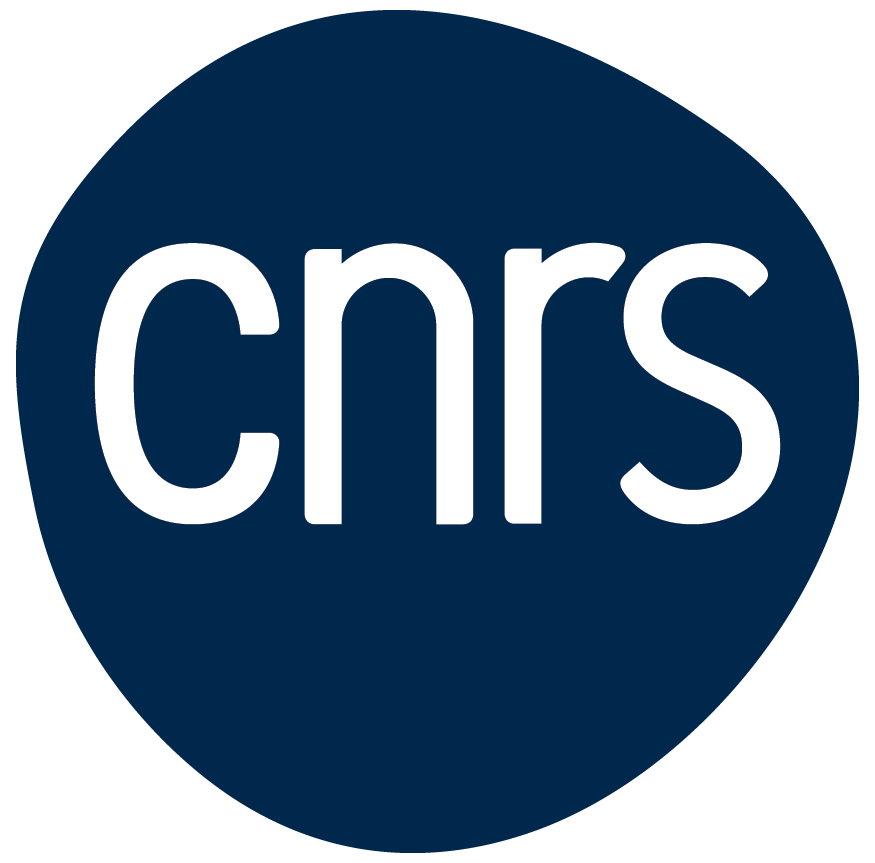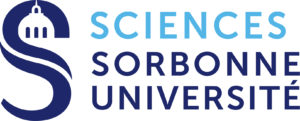The need for efficient methods for CO2 capture storage and utilization (CCUS) is key in climate change mitigation. Mineralization of CO2 is considered as a safe pathway for CO2 capture on industrial flue gases, Direct Air Capture (DAC) and Direct Ocean Capture (DOC) and could even be a process for producing new construction materials with minimal carbon footprint.
A wide variety of mineralization routes have been proposed. Mineral carbonation is a way to valorize solid wastes by the formation of solid carbonates (CaCO3 and MgCO3) through the reaction of CO2 with alkaline earth metal oxides (CaO, MgO) such as alkaline industrial wastes and mine tailings. Another possibility is to use two separate sources for the divalent cations (Ca2+, Mg2+) and the base (HO-). The source of divalent cations can be the Ca/Mg rich waters used in several applications : sea water used for cooling, produced water in oil and gas production, retentate in desalination plants. The base will have to be produced through ion exchange resin or electrochemical process. The main challenges of this process are the precipitation step and the energy needed to increase the pH.
The postdoc will reproduce the simple version of an experimental setup proposed in the literature [1] and will explore the different methods for increasing the pH in conjunction with the rest of the process and evaluate the associated energy costs.
Duration : 24 months
Location : Joint research laboratory ESPCI/TotalEnergies at the R&D center in Lacq, southwest France
Requirements : PhD in Physical Chemistry with strong background in Electrochemistry ; autonomy ; teamwork ; good interpersonal skills.
Contacts :
![]()
![]()
References :
[1] Callagon La Plante et al., Electrolytic Seawater Mineralization and the Mass Balances That Demonstrate Carbon Dioxide Removal, ACS ES&T Engineering 2023 3 (7), 955-968. DOI : 10.1021/acsestengg.3c00004
TotalEnergies SE is a French multinational integrated energy and petroleum company founded in 1924. Formerly known as Total SA - one of the seven supermajor oil and gas companies, today TotalEnergies is a global multi-energy company for production and supply of different types of energies : oil and biofuels, natural gas and green gases, renewables and electricity.
ESPCI Paris (officially The City of Paris Industrial Physics and Chemistry Higher Educational Institution) is a prestigious « grande école », ranked 1st among the French institution in the Shanghai ranking. ESPCI Paris is a constituent college of Université PSL and a founding member of the ParisTech (Paris Institute of Technology) alliance. 5 researchers and alumni from ESPCI Paris have been awarded the Nobel Prize. ESPCI Paris nurtures relationships with many industrial partners such as Schlumberger, TotalEnergies, L’Oreal and others.
PIC (Physical-Chemistry of Complex Interfaces) Laboratory is a joint research laboratory between ESPCI and TotalEnergies, located between ESPCI in Paris and the R&D center of TotalEnergies in Lacq, at the southwest of France. The laboratory brings together top scientists from leading research institution and industry R&D specialists work together on renewable energies, CO2 capture etc.


